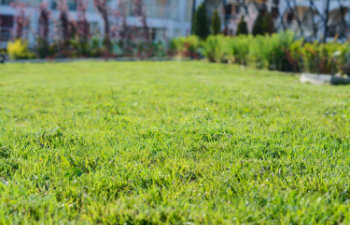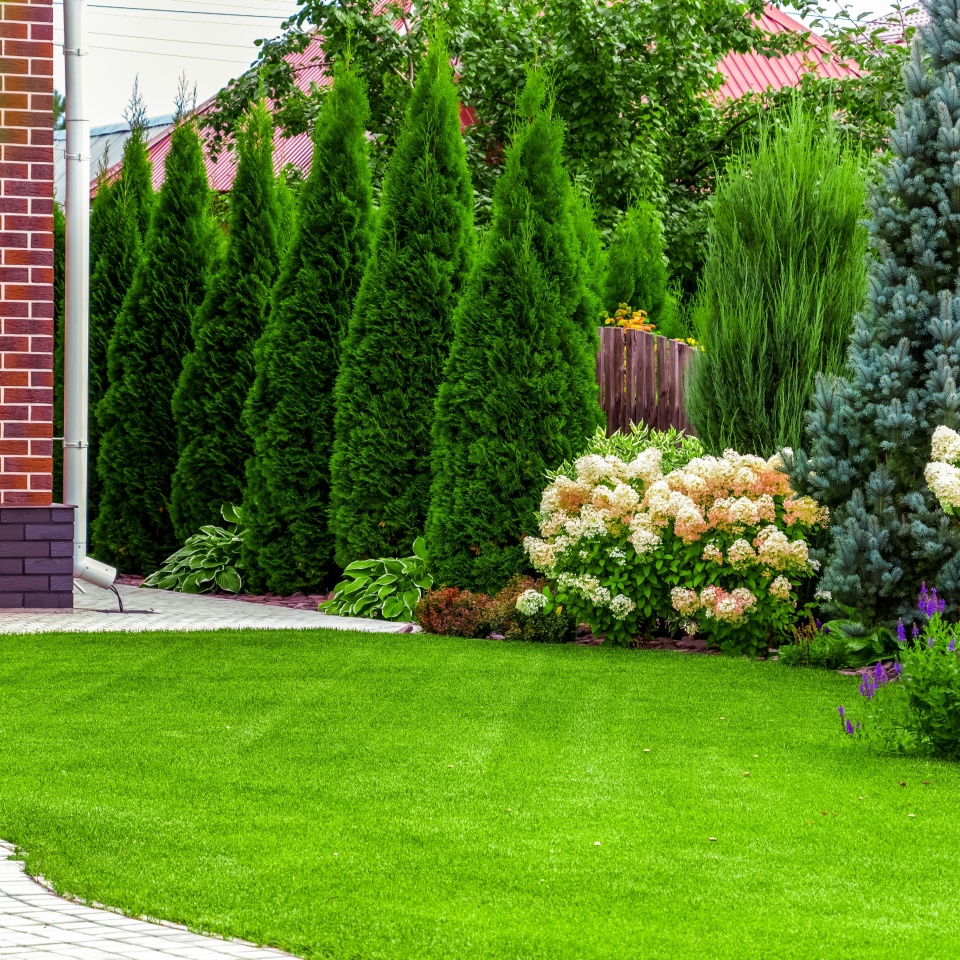
Maintaining a lush, healthy lawn in Atlanta can sometimes feel like a full-time job, especially when dealing with invasive pests like army worms. At Woodburn Landscapes, we understand the challenges that homeowners face when it comes to protecting their lawns from these destructive creatures. In this blog, we’ll dive into the details about army worms and other common lawn pests, providing you with effective strategies for prevention and control.
What Are Army Worms?
Army worms are not actually worms but caterpillars, the larvae of moths in the family Noctuidae. These pests are known for their voracious appetite and can quickly devastate a lawn or garden. They are called “army worms” because of their behavior of moving across fields in large numbers, much like an army. In Atlanta, these pests typically become more active during late summer and can cause significant damage to grass, leaving behind brown, barren patches.
Identifying Army Worms
Army worms can be identified by their greenish-brown color and the distinctive stripes running down the length of their bodies. They are approximately 1.5 to 2 inches long when fully mature. You may notice them feeding in the early morning or late evening, while during the day, they tend to hide under debris or within the thatch layer of the lawn.
Other Common Lawn Pests in Atlanta
While army worms are a significant threat, they aren’t the only pests that can damage your lawn:
- Chinch Bugs: These small pests suck the sap out of grass blades, causing the grass to turn yellow and die. Chinch bugs thrive in hot, dry environments and are often found in the sunniest parts of lawns.
- Grubs: Grub worms, the larvae of beetles, feed on the roots of grass. An infestation can lead to spongy patches in the lawn that can be lifted easily due to root damage.
- Sod Webworms: These caterpillars chew on grass blades at night, resulting in thin, patchy areas. You might also see small, silky tunnels on the surface of the turf.
Prevention and Control Strategies
- Regular Monitoring: Early detection is key to preventing severe damage. Regularly inspect your lawn for signs of pests or irregularities in grass health.
- Proper Lawn Care: Maintaining a healthy lawn is one of the best ways to prevent pest infestations. This includes proper mowing, watering, and fertilizing, which help keep the grass robust and more resistant to pests.
- Natural Predators: Encouraging natural predators such as birds can help control the population of pests like army worms. Bird feeders and baths can attract birds to your garden, who will feast on the pests.
- Pesticides: If infestations are severe, the use of pesticides may be necessary. It’s important to choose the right type of pesticide for the specific pest you are dealing with and to follow application instructions carefully to avoid harming your lawn or the environment.
- Professional Lawn Care Services: Sometimes, the best course of action is to call in the experts. At Woodburn Landscapes, we offer professional pest control services that are tailored to effectively tackle the pest issues specific to Atlanta lawns.
Woodburn Landscapes: Your Partner in Lawn Care
At Woodburn Landscapes in Atlanta, we’re dedicated to helping you maintain a beautiful, healthy lawn free from destructive pests. With our expertise in lawn care and pest management, you can enjoy a pristine outdoor space without the hassle. Contact us today to learn more about our services and how we can help protect your lawn from army worms and other pests.
Posted on behalf of
2090 Dunwoody Club Dr, STE 106-110
Atlanta, GA 30350
Phone: (678) 551-0916
Email: info@woodburnlandscapes.com
Hours
Monday - Friday
8:30am - 5:30pm




